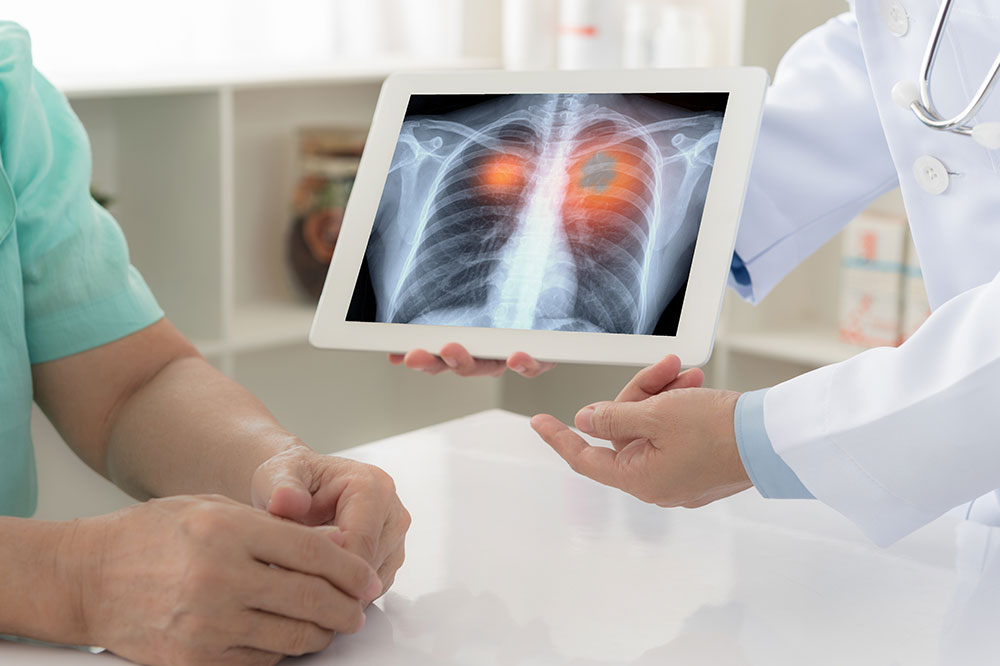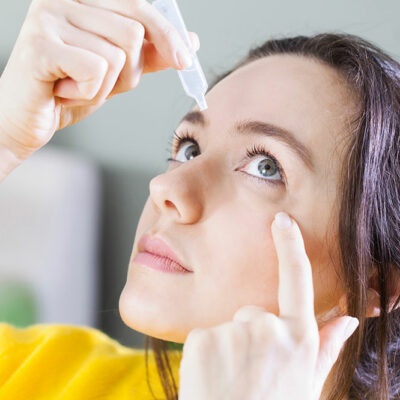
Measures That Reduce the Risk of Cancer
Cancer occurs when the cells in the body start abnormally dividing and uncontrollably spreading through the system, affecting tissues and vital organs. More than 100 kinds of cancers are known to exist, and each type has their own complications. While it is difficult to predict who gets cancer, there are certain lifestyle choices and preventive measures that can put one in the low risk category of getting this illness. Let’s take a look at these options.
1. Healthy Lifestyle Choices
These changes are integral to lowering the risk of cancer.
- Avoiding Tobacco
Cigarette smoking or even passive smoking increases the risk of getting cancer. According to studies, those who smoke are 25 times more likely to get the disease than those who do not smoke tobacco. - Using Sunscreen
Skin cancer is one of the most common types of cancer observed in the country. So, keeping the skin protected from harmful UV rays is important. Not just the sun but even tanning beds can increase the risk of developing this illness. - Maintainging a Body Mass Index (BMI)
According to research those who struggle with obesity are at high risk of developing this illness along with other health complications. Cancer affecting the endometrial or breasts are some of the common high risk cancer types for those struggling with abnormal BMI. - Drinking Less Alcohol
Too much of alcohol consumption can lead to several health complications including being at high risk of getting throat or mouth cancer. Some studies also suggest that women are found to be at an increased risk of breast cancer due to overconsumption of alcohol.
2. Getting the Right Vaccines
- Human Papillomavirus (HPV) vaccine
Human Papillomavirus is one of the most common sexually transmitted diseases. Getting an HPV can lead to complications like cancer so it is important to get a vaccine. While the vaccine can be given at age 9, it is recommended for preteens aged between 11 to 12 years.
In case one missed out on getting their pre-teen shot, they can get it till they turn 26 years old. Getting a vaccine post 26 is usually not effective as most people have already been exposed to the virus. However, a conversation with the doctor can be more helpful in understanding if one can receive an HPV vaccine after the age of 26. - Hepatitis-B Vaccine
This vaccine is taken to prevent hepatitis, a liver disease, caused by the virus of the same name. If not treated in time this mild infection can lead to serious complications and even cause cancer. This vaccine can help one reduce the risk of getting liver cancer caused by hepatitis B virus.
3. Regular Testing
Diagnosing cancer at an early stage is done with the help of these tests:
- Mammograms
Used to detect breast cancer. Treat this type of cancer is easy when found early. So, regular checks are advised to women. - Pap Test
This test is done to detect any formation/traces of abnormal cells that can turn into cancer. Early detection can increase the chance of a successful treatment. - Colorectal Screening
These screenings find any abnormal growths in the colon or rectum and appropriate treatment plans can be advised.


